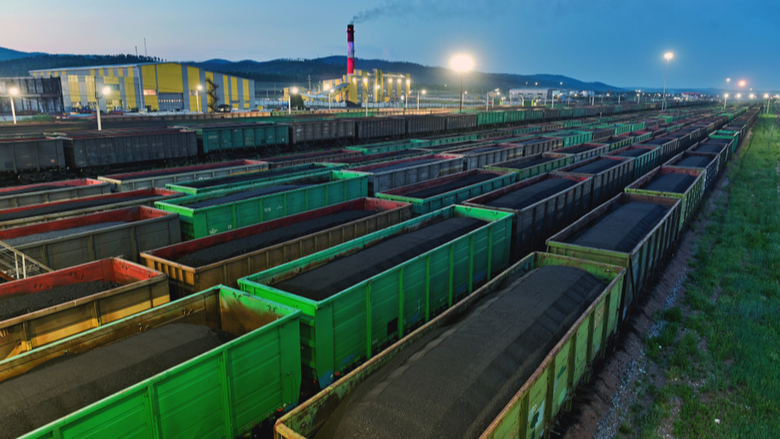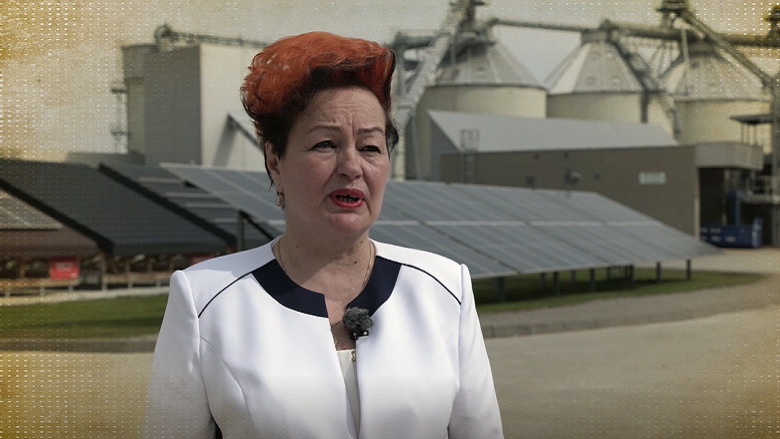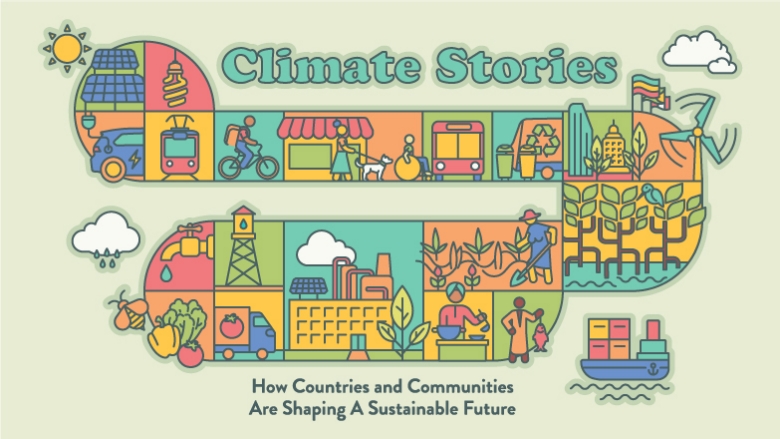Coal fueled the industrial revolution but filled the skies with smog. Today, coal continues to be the world’s most dominant source of energy and a major cause of greenhouse gas emissions warming the planet. If not phased out before 2040, coal will push the world closer to climate change catastrophe, the United Nations Framework Convention on Climate Change has warned.
For these and other reasons, countries from Indonesia to Ukraine are moving away from coal. But in 2021, coal use is rebounding strongly from a decline during the COVID-19 pandemic. Many developing countries are facing severe energy shortages that jeopardize their economic recovery and disproportionately impact the poor. These factors and the challenges associated with closing coal assets and reviving coal-dependent communities continue to slow the transition to clean energy.
The experience of Europe and the United States has shown that the shift from coal can take decades, and present not only economic and employment challenges, but social and cultural ones. However, countries can prepare now to exit coal in a way that protects people, communities and the environment.
‘It’s About Communities, Jobs, Skills and Better Lives’
“Transitioning away from coal in the electricity sector is the single most important step to limiting global warming,” said Mari Pangestu, World Bank Managing Director for Development Policy and Partnerships, at a recent discussion at the World Bank’s Annual Meetings.
“We are committed to helping countries accelerate the energy transition, but at the same time, we also focus on the important aspect, which is the people -- how do we protect workers, their families, communities and the environment?” added Pangestu. “It's vital that we support workers and communities to build and access new economic opportunities in the transition to clean energy. It’s about jobs, skills, and obviously, better lives. ”
Many governments and companies have sat down with workers to discuss the coal transition and negotiated a path forward, including a date for exiting coal and the commitments of employers and governments to a just transition, according to Sharan Burrow, General Secretary of the International Trade Union Confederation.
“What does a just transition look like? It actually means that there has to be the confidence of knowing there are jobs, jobs and jobs -- because if people find that they will be left abandoned, that they will be stranded like stranded assets, or indeed, be a part of stranded communities, the trust simply won't be there,” said Burrow.
Through its Climate Change Action Plan, the World Bank is working with coal-producing countries of all sizes to help national, regional, and local governments develop clear roadmaps to phase out coal, protect workers, their families, communities, and the environment while also supporting investments in energy efficiency, low-carbon and renewable energy.
Phasing Out Coal: A Roadmap
Pursuing a Just Transition for All will require a whole of society approach that considers a broad range of stakeholders, including governments, the private sector, communities, academia, and civil society.
As a first critical step, social dialogue will be needed to establish the processes by bringing everyone on board, according to Per Olsson Fridh. Sweden’s Minister for International Development Cooperation. “We need a whole-of-government approach everywhere to this transition. By bringing actors and parties together to find where the opportunities lie, this transition can be for all, and this is what we need.”
Early engagement with communities is a vital part of understanding the potential social impacts on different groups of people, building trust, and ensuring they can drive their development and transition process. Those who are most impacted help create the plans, policies, and reforms that will strengthen institutions and mobilize investments needed to remediate the land, support people in their post-transition jobs and lives, and build a new economic future.
The Bank’s global initiative – Supporting Energy Transition in Coal Regions – provides advice and financing to countries that have made the decision to transition away from coal. Among other things, the initiative helps governments design comprehensive social protection packages for potentially laid-off workers, develop re-skilling and job transition programs, develop comprehensive environmental remediation plans to enable repurposing of former mining lands and coal assets, and present potential pathways for economic transition. The initiative also helps countries meet their Nationally Determined Contributions as part of the Paris Agreement.
In Greece, the Bank helped develop a roadmap in 2019-2020 to phase out coal Western Macedonia, where unemployment is the highest in the country, particularly among young people, and where the loss of coal-related jobs could put further strain on the region. The roadmap spells out what needs to happen at the governmental, social, and environmental levels, including the roles of various levels of government to prepare people and communities for the transition, and restore mined lands as well as repurpose land and assets.




